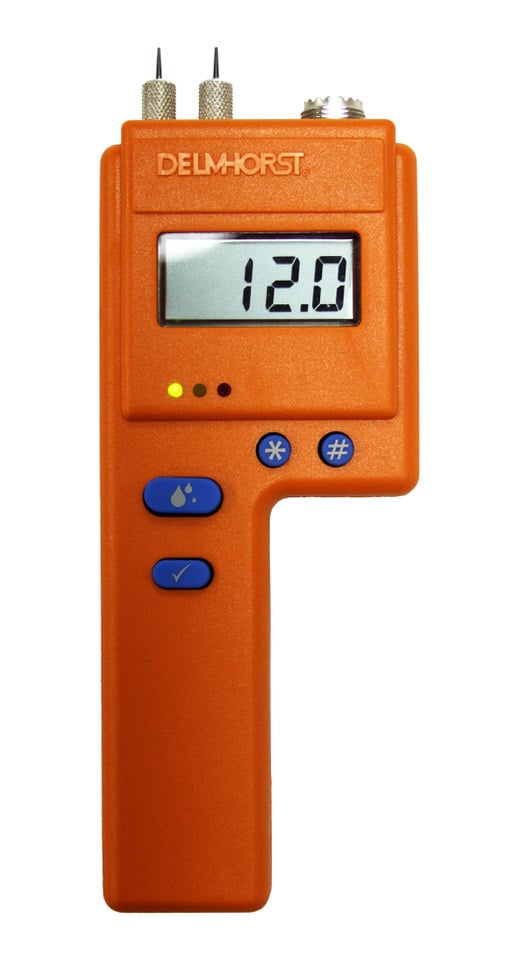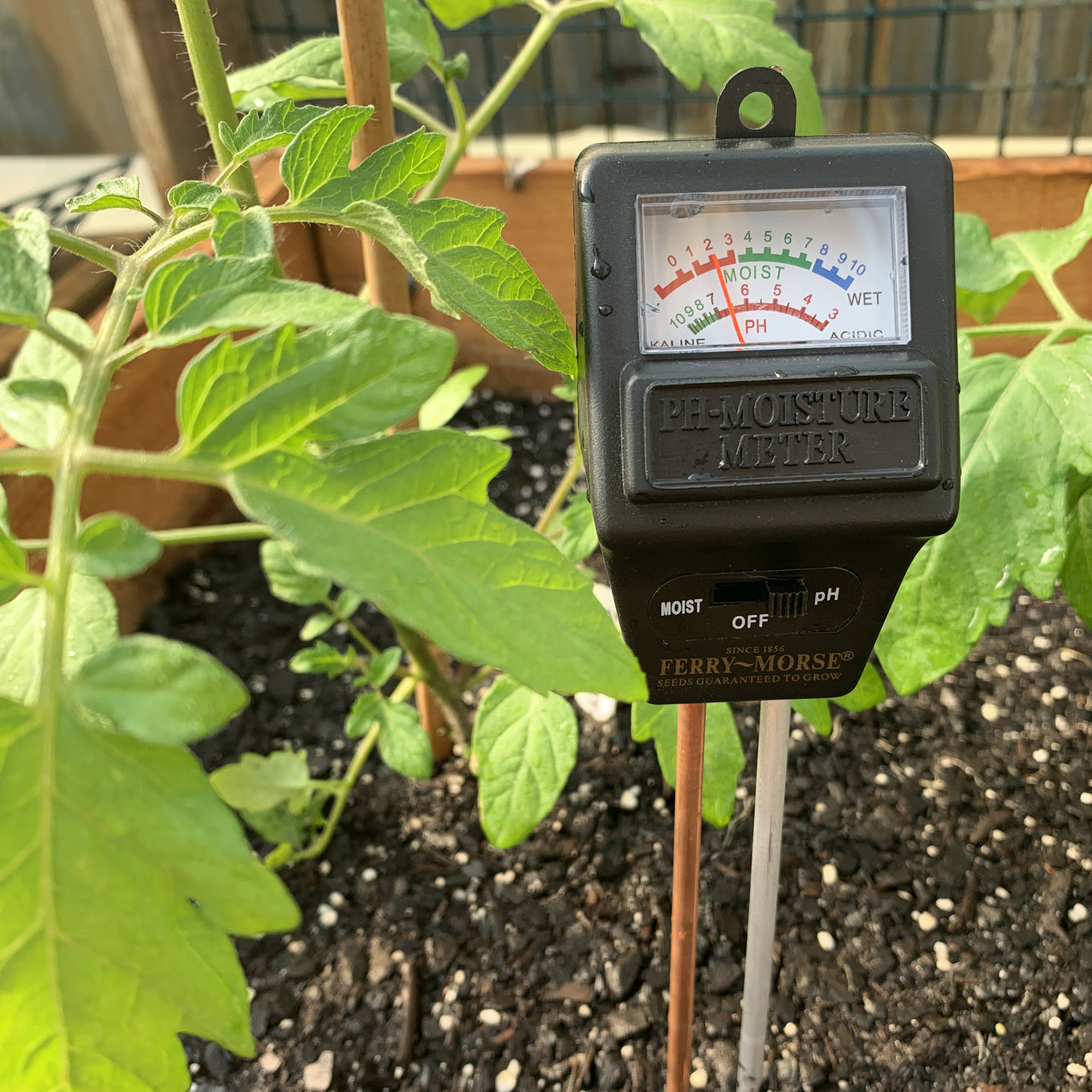Understanding the Various Kinds Of Moisture Meters and Their Applications
Understanding the Various Kinds Of Moisture Meters and Their Applications
Blog Article
The Ultimate Overview to Moisture Meters: A Comprehensive Summary and How They Can Conserve You Cash
In the world of building maintenance, building, and various sectors, the significance of precisely gauging moisture levels can not be overemphasized. Dampness meters function as important tools in spotting and monitoring moisture content in products, assisting in avoiding costly damages and guaranteeing the quality of products. Comprehending the nuances of various types of moisture meters, their applications, and the possible cost-saving advantages they supply can be a game-changer for specialists and companies alike. Finding just how these devices can not just simplify procedures yet additionally add to monetary cost savings is a journey worth starting.
Types of Moisture Meters
Various sorts of moisture meters are offered for different applications in numerous markets. One common kind is the pin-type dampness meter, which measures the electric resistance in between two pins inserted into a material. This kind is appropriate for timber, drywall, and various other structure materials. Pinless wetness meters, on the other hand, usage electro-magnetic sensor plates to scan a larger area without causing damage to the material's surface area. These meters are suitable for rapidly analyzing dampness degrees in huge areas such as walls and floorings.
Infrared wetness meters measure the thermal homes of a product to determine its dampness material non-invasively, making them useful for applications where pin or pinless meters might not be ideal. Recognizing the various kinds of moisture meters available can help markets choose the most suitable tool for their details dampness measurement requirements.

Benefits of Using Moisture Meters

Moreover, making use of dampness meters can lead to enhanced power effectiveness. In agricultural setups, dampness meters play an important duty in optimizing plant returns by allowing farmers to keep track of soil dampness levels and make educated irrigation choices.
Exactly How to Select the Right Moisture Meter
Selecting the ideal dampness meter entails taking into consideration vital variables such as product compatibility, measurement array, and calibration precision. When choosing a dampness meter, it's important to ensure that the meter appropriates for the certain product you will certainly be screening. Various materials have differing electrical residential properties that can impact wetness analyses, so selecting a meter created for your material is essential for precise results. Additionally, consider the measurement variety of the wetness meter. Make certain that the meter can discover wetness levels within the variety needed for your applications. Calibration precision is another vital variable to bear in mind (Moisture Meter). Choose a dampness meter with reliable calibration to guarantee specific and consistent readings. Some meters may need regular calibration modifications, so understanding the calibration process is very important. By carefully evaluating these variables, you can pick a dampness meter that meets your needs and offers exact wetness dimensions for your tasks.
Appropriate Methods for Moisture Meter Usage
To ensure precise wetness analyses and optimize the efficiency of a wetness meter, employing proper techniques is necessary. When using a pin-type moisture meter, put the pins or probes right into the product being checked till they make complete call. By complying with these appropriate methods, users can count on their wetness meter to provide credible dampness levels, assisting in preventing costly damage or making sure top Extra resources quality in numerous applications.

Expense Savings Via Moisture Meter Applications
Exactly how can the calculated use of moisture meters lead to considerable cost savings across numerous markets? In the farming market, dampness meters aid in determining the optimal time for gathering crops, preventing over-drying or excess moisture that can impact the last product's top quality.

In addition, in the food handling industry, wetness meters are see here important for keeping an eye on product top quality and making sure conformity with safety regulations. By accurately determining dampness material in foodstuff, producers can avoid wasting, preserve freshness, and reduce waste, resulting in considerable cost financial savings. Generally, the calculated application of wetness meters is a useful investment that can cause substantial price decreases and boosted efficiency throughout various industries.
Final Thought
To conclude, dampness meters are useful devices for measuring and discovering moisture degrees in numerous products. By utilizing the ideal dampness meter and complying with proper strategies, users can effectively avoid pricey damages brought on by excess wetness. Purchasing a top quality wetness meter can lead to significant expense financial savings in the future by determining possible problems early and allowing timely removal. Inevitably, moisture meters are crucial instruments for preserving the stability and longevity of products and frameworks.
Moisture meters serve as vital tools in discovering and checking moisture web content in products, aiding see this page in preventing pricey damages and guaranteeing the top quality of items. Infrared moisture meters measure the thermal buildings of a material to establish its wetness content non-invasively, making them valuable for applications where pin or pinless meters may not be appropriate.Dampness meters provide important benefits in precisely examining and keeping track of moisture levels in varied materials and atmospheres. In farming settings, moisture meters play a crucial function in optimizing plant returns by enabling farmers to monitor soil dampness levels and make informed watering decisions.In final thought, dampness meters are important tools for identifying and measuring wetness degrees in different materials.
Report this page